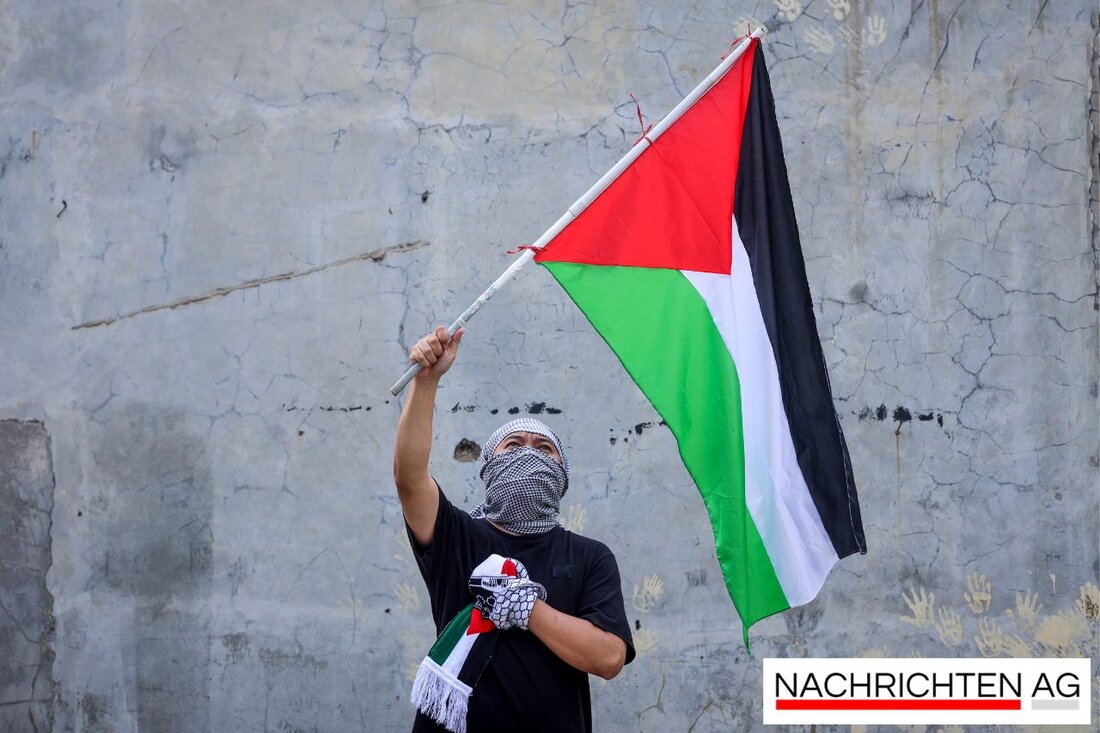International pressure on Israel: Netanyahu does not evade threats!
International pressure on Israel: Netanyahu does not evade threats!
International pressure on Israel in the context of the Gaza War is increasing. Prime Minister Benjamin Netanyahu has recently rejected threats from France, Canada and Great Britain, which are calling for the offensive in the Gaza Strip. This criticism is described by the heads of state and government of these countries as "outrageous" and disproportionate. Netanyahu, however, sees the Israeli approach as a defense war for the survival of Israel. He emphasizes that the war could be ended immediately if Hamas put down its weapons and release hostages. At the same time, Netanyahu is aiming for a "complete victory" over the Hamas. In the meantime, Palestinian sources of at least 60 killed people reported on new air strikes of the Israeli army, including numerous women and children. These attacks are made in connection with a new soil offensive in the Gaza Strip, which has also already started.
The Gaza Strip has been experiencing a strict blockade for over three months, but now initial aid deliveries have been approved. Around 100 trucks were able to reach the Gaza Strip after the supply had previously almost come to a standstill. In the past, however, up to 600 trucks had driven to the area every day with fire breaks. The United Nations pointed out that the now incoming aid deliveries will not be sufficient in order to cover the acute needs of the approximately two million Palestinian civilians. The acute lack of food, medication and other relief goods is serious, a famine threatens.
Humanitarian aid and international negotiations
The Israeli government has decided under the pressure of the United States to allow humanitarian aid again. This implementation aims to ensure basic care in Gaza. Israel justifies the months of blockade to put pressure on Hamas in order to release the kidnapped hostages. The World Food Program (WFP) and other international organizations are intended to support the provision of aid goods. In the last conversations about a possible ceasefire deal in Qatar, it was discussed to achieve the release of ten hostages in exchange for a 45- to 60-day ceasefire.
In the middle of these developments, a new procedure before the International Court of Justice (IGH) started. It is checked which obligations of Israel have as a occupying power in relation to humanitarian aid in the Gaza Strip. The ongoing hearings in which more than 40 states and organizations make statements are used by Palestine to renew allegations against Israel. Israel, on the other hand, rejected the participation in these hearings and accuses the United Nations to act one -sided and to be undermined by Hamas.
social and legal consequences
The humanitarian situation in the Gaza Strip has now accepted catastrophic proportions. According to international lawyers, there is a risk of a genocide due to the blockade. UN representatives are calling for an unimpeded access for relief goods, while the blockade is classified as a violation of international law. In this context, the IGH already found in 2024 that Israel is doing an annexation that is contrary to international law in the occupied Palestinian areas. The reports created by the hearings could increase international pressure on Israel, even if they are not legally binding. However, the publication of the final report could take several months.
Overall, the situation in the Gaza Strip remains tense, with persistent battles and a hectic struggle for humanitarian aid. The international pressure on Israel seems to continue to grow, while hope for peace and a solution to the conflict still disappears.
| Details | |
|---|---|
| Ort | Gazastreifen, Palästina |
| Quellen | |


Kommentare (0)